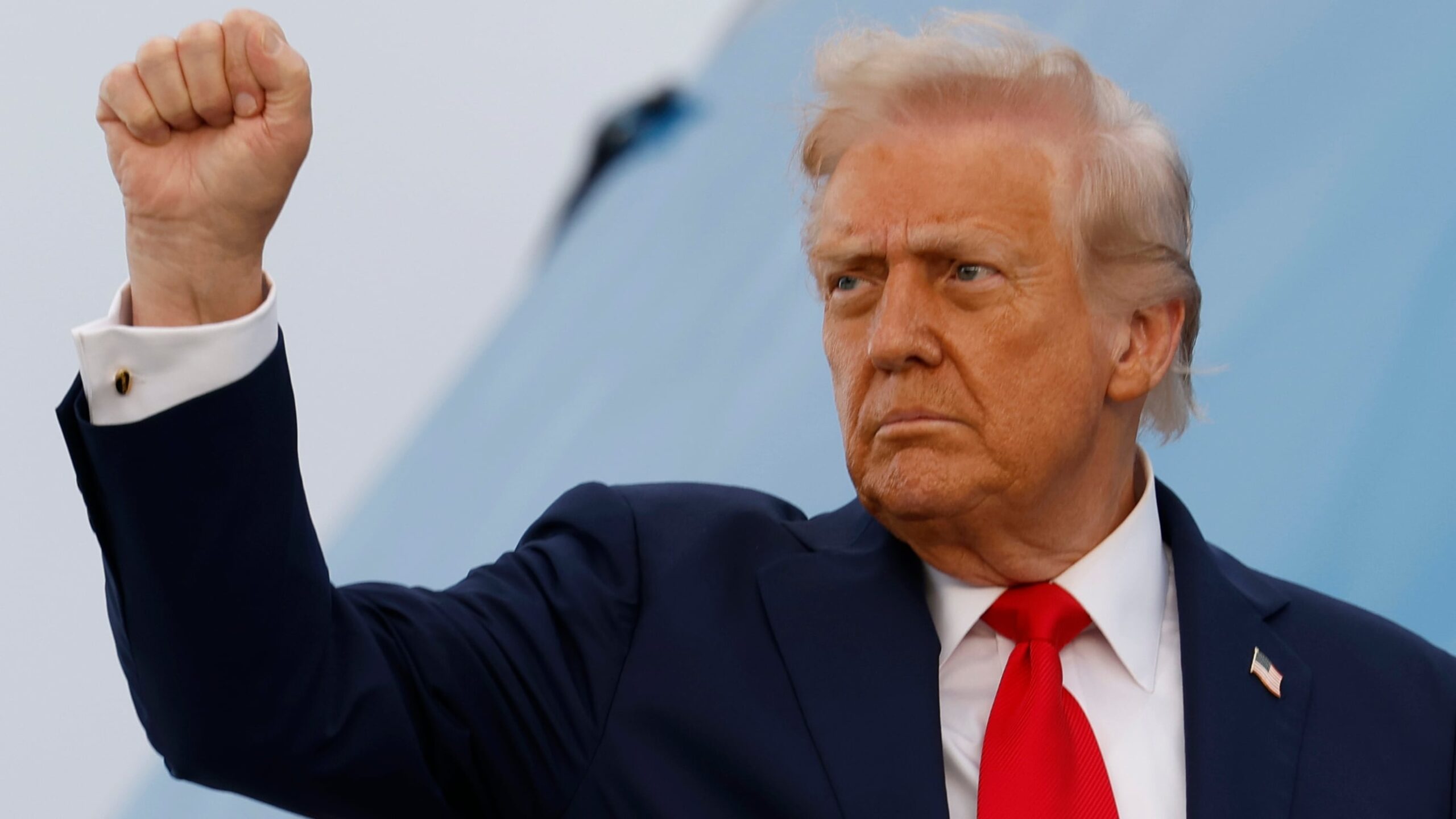President Donald Trump announced the successful execution of an air strike that resulted in the deaths of three individuals identified as “narcoterrorists.” The operation, carried out in the Caribbean Sea, was authorized by Trump on the evening of March 15, 2024, and aimed at targeting a vessel allegedly involved in narcotrafficking.
In a post on Truth Social, Trump stated he directed Defense Secretary Pete Hegseth to initiate the attack on a boat traveling a “known narcotrafficking passage en route to poison Americans.” This marks the third such military action in less than a month, following earlier strikes that killed three people earlier this week and another that resulted in eleven fatalities earlier this month.
The president’s post detailed that the strike was executed against a vessel “affiliated with a Designated Terrorist Organization” and that intelligence had confirmed its involvement in trafficking illicit narcotics. The attack took place in international waters, and Trump emphasized that no U.S. forces were harmed during the operation.
The message concluded with a stark warning: “STOP SELLING FENTANYL, NARCOTICS, AND ILLEGAL DRUGS IN AMERICA, AND COMMITTING VIOLENCE AND TERRORISM AGAINST AMERICANS!!!” Accompanying the post was a video purportedly showing the strike, with footage of the boat engulfed in flames. Concerns have arisen regarding the authenticity of the video, as previous footage shared by the administration was later revealed to be AI-generated. As of now, it remains unclear whether the latest video has been verified.
No additional details were provided regarding the identities of those killed, their nationality, or the specific destination of the boat. The Daily Beast has reached out to the White House for further comment, but a response has not yet been received.
When pressed for evidence supporting the claim that the targeted vessel was transporting narcotics, Trump stated, “We have proof. All you have to do is look at the cargo that was spattered all over the ocean, big bags of cocaine and fentanyl all over the place.”
This assertion reflects a broader stance from the administration, which claims the right to conduct extrajudicial air strikes in international waters. Hegseth, now referred to as the Secretary of War, reiterated this position, stating that the U.S. possesses “absolute and complete authority” to engage suspected drug smugglers in the interest of national defense.
Legal experts have raised alarms over the legality of these strikes. Reports indicate that Hegseth’s military lawyers cautioned the administration about potential legal repercussions, with retired Lt. Col. Rachel E. VanLandingham asserting that the strikes are “deeply troubling.” She added, “The lack of transparency by the administration when they’re using lethal force in the American people’s name, in a very unique manner, is deeply troubling.”
Democratic Senator Jack Reed, the ranking member of the Senate Armed Services Committee, commented on the earlier strike this month, stating, “There is no evidence—none—that this strike was conducted in self-defense.” He emphasized that under domestic and international law, the U.S. military lacks the authority to use lethal force against a civilian vessel unless acting in self-defense.
In a more controversial response, Vice President JD Vance dismissed critics of the administration’s military actions, asserting he did not “give a s–t.” During a rally in Michigan, he recounted a conversation with Hegseth, joking about the decline in drug boats entering U.S. waters.
The implications of these military actions, coupled with ongoing debates about their legality, are likely to continue to generate significant discourse in both political and legal circles. As the situation unfolds, the administration faces scrutiny over its approach to combating drug trafficking on the high seas.





































































